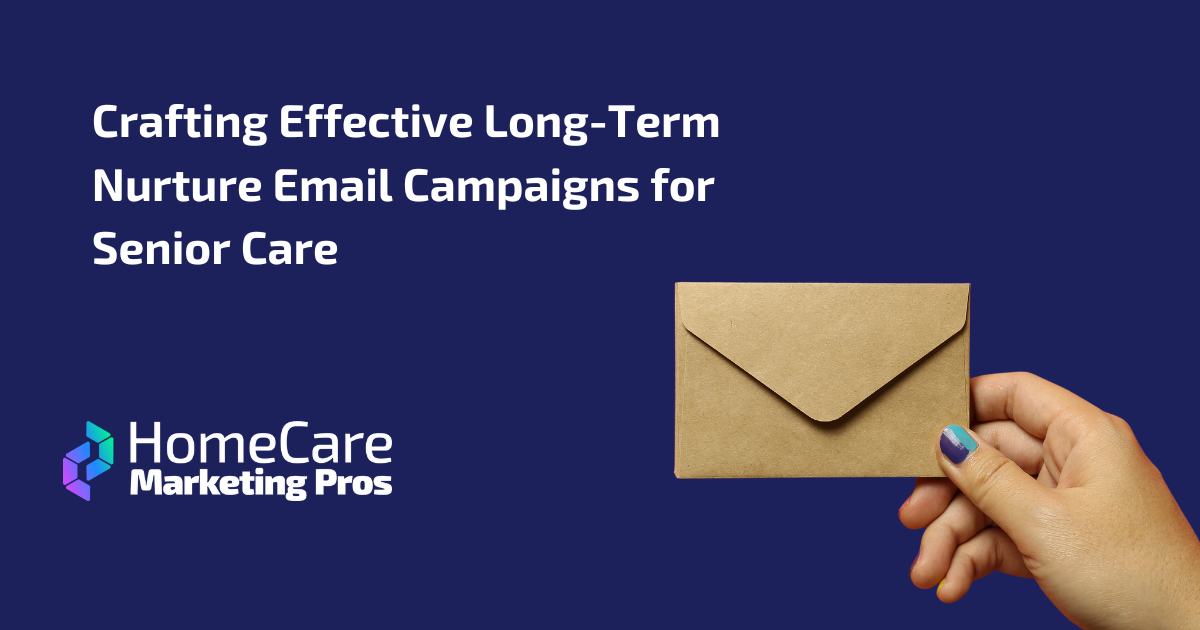Guest post by Connor Kunz, Project Manager at Home Care Pulse.
Networking with professional referral sources for home care can be tricky. Here’s how to quit jostling with other agencies and jump to the top of the list.
It’s a tale as old as time: you made contact with a professional referral source, the visit went great, and it seemed like the start to a great partnership, but it’s been weeks or months and you have yet to get a single referral. Maybe it’s taking you back to your dating days: everything seemed great; why haven’t they called you?
The simple answer is that they probably thought you were great too—unfortunately, no more or less great than a dozen or more other agencies jostling for their attention.
If you want to be the first agency they call—rather than just another agency ten or twenty lines down the list somewhere—you need to establish why your agency is the one that will make life easiest for them and the client.
Let’s talk about how to do this. Whether you’re trying to get referrals from a hospital, a home health agency, a hospice, or any of dozens of other potential sources, here are four key ways to make sure that the first phone call they make is to your agency.
This information comes from an interview between Jackie Gordon, a hospital discharge planner, and Sharon Brothers, former CEO of IPCed, as well as various other sources and experts across the home care industry.
#1: Understand what differentiates your agency from other agencies, and make sure referral sources know it too.
Why should they call your agency first? It’s not enough to simply say that you provide great client care; every home care agency believes, and most of them are right. You need to establish the advantages that your agency provides better than any other option.
Does your agency specialize beyond general care? If you have caregivers who are experts at helping patients with dementia, for instance, this is a quick way to make your agency the best option to match with these kinds of patients. The more you can demonstrate that your caregivers are trained in a particular specialty, the more likely the referral source is to send those patients your way.
If you haven’t focused on a particular area of specialization or if there are other agencies sharing your niche, identifying what differentiates your agency might require some difficult—but crucially important—soul searching.
This needs to be shouted from the rooftops: If you can’t answer the question of what sets your agency apart from others, the referral source definitely won’t be able to answer this question either.
#2: Leave them with tangible proof of your quality.
When you meet with referral sources for the first time, it should be face-to-face so that you can leave them with something tangible that demonstrates your quality and the other advantages of your service.
Beyond leaving a brochure or a business card for your agency, you should give them something with quotes of what others are saying about your agency. This may include client testimonials, other professional references, and details of Best of Home Care awards or other awards you’ve won.
#3: Respond immediately to every call and ensure that they can expect a rapid response every time.
Speed is a major factor in getting referrals. Referral sources are often juggling the task of finding agencies for various clients, so they need an agency that they can expect to get a hold of and move forward with quickly.
If the hecticness of running an agency delays you or your staff in responding to a call for even a few minutes, that can significantly cut your chances of getting that referral or future referrals.
On the other hand, if the referral source knows they can rely on you every time, they’ll start saving themselves time by calling your first.
#4: Stay at the top of their mind by communicating often and thinking win-win.
You can think of the first time you meet the referral source as a job interview—or better yet, a first date. You want this to lead to a long-term relationship, right? Put your best foot forward when you meet them, and don’t stop there.
Communicate with them regularly to check if there are ways that you can better meet their needs and their clients’ needs, as well as connect with them on the progress of the clients they handed off to you. Seek both a friendly rapport and a professional relationship of mutual benefit.
Don’t Put All Your Eggs in One Basket—But Choose the Right Baskets
As you seek out and work with referral sources, find a balance—you don’t want to put all your eggs in one basket, but you should also remember that it’s better to choose a few local professionals and build great relationships with them than try to keep up haphazard relationships with a dozen of them.
Over time, you should track the source of every referral (with a CRM if possible) so you know exactly how many billable hours you’re getting from each source. This will show you which sources to double down on and which to step back from. Build a network of mutually beneficial referral relationships and you’ll be able to grow a sustainable pipeline of future referrals.











Leave A Comment